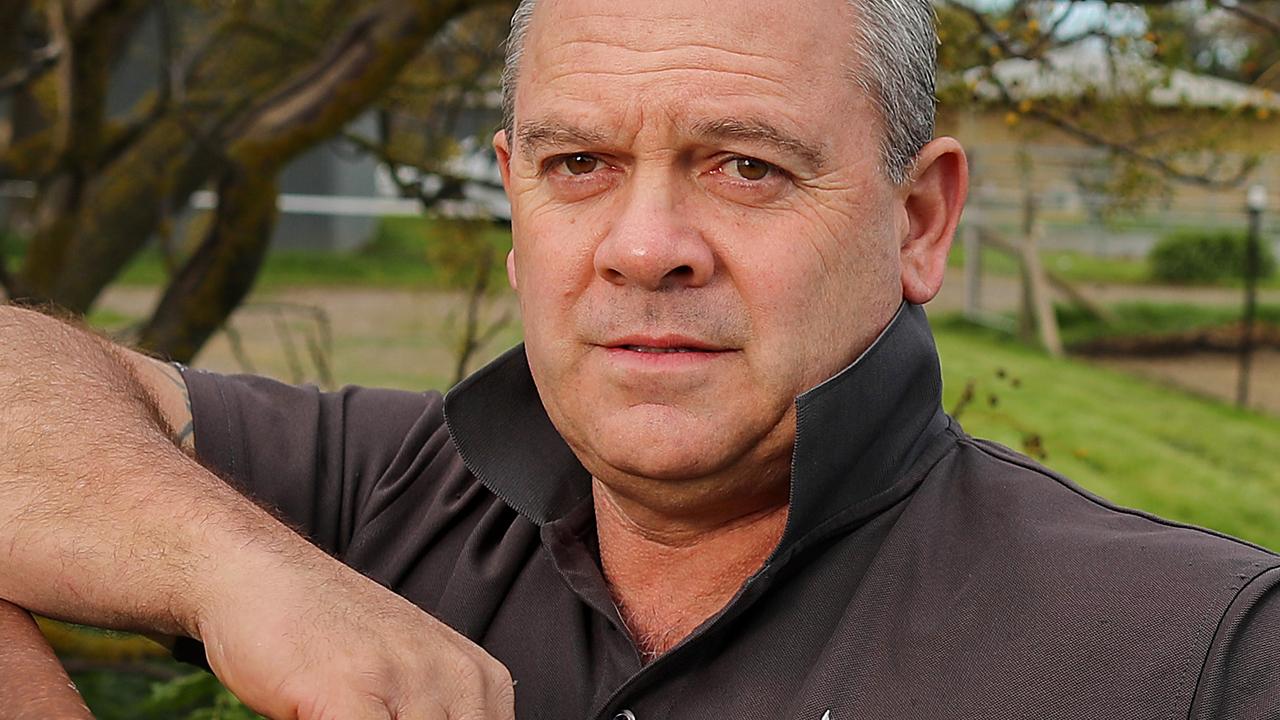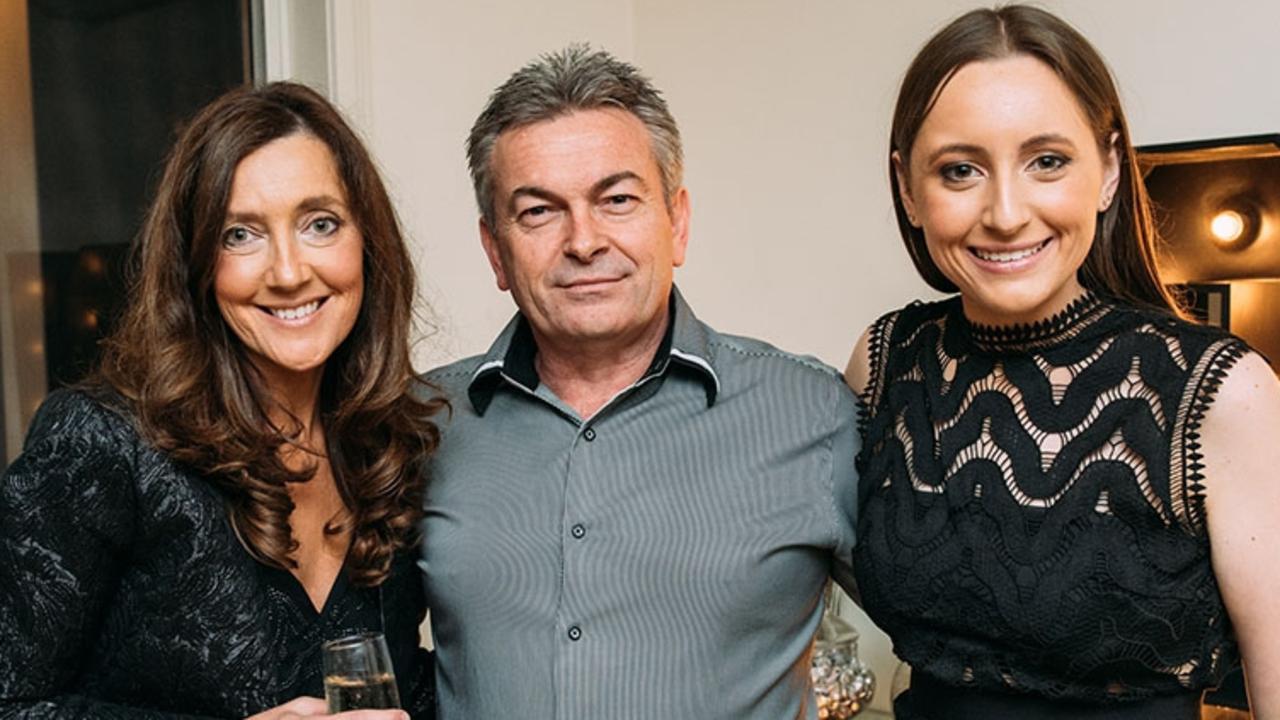Andrew Rule on Melbourne terror raids: Plot foiled as threat lurks
DESPITE the arrest of four alleged bomb plotters in Melbourne, security chiefs will not be sure until after Boxing Day they scooped up all potential terrorists, writes Andrew Rule.
Andrew Rule
Don't miss out on the headlines from Andrew Rule. Followed categories will be added to My News.
- Police allege Melbourne CBD suicide bomb plot
- Social media rants by terror accused attack Christmas celebrations
- Police presence to ramp up on Christmas weekend
- PM’s address: ‘At the highest state of alert’
- Andrew Bolt: Time our head-in-sand leaders admit failure
SO far, so good in the ceaseless guerilla war against terrorism — but Australians can’t afford to be complacent.
Despite the arrest of four alleged bomb plotters in Melbourne, security chiefs will not be sure until after Boxing Day they scooped up all potential terrorists suspected of planning a Christmas murder spree heralded by Berlin’s truck outrage last Monday.
Insiders involved with government security agencies conceded on Friday night the morning’s well-executed raids might not have mopped up every threat — and that they fear the “Christmas plot” to hit several Melbourne landmark sites is part of an international terrorist push.
One veteran anti-terrorist operative told the Herald Sun: “The feeling (in security agencies and special forces) before the raids was that they hope they would get them all — or that they get the right ones.
“The fear, of course, is they got the dumb ones and the smart ones are still out there.”
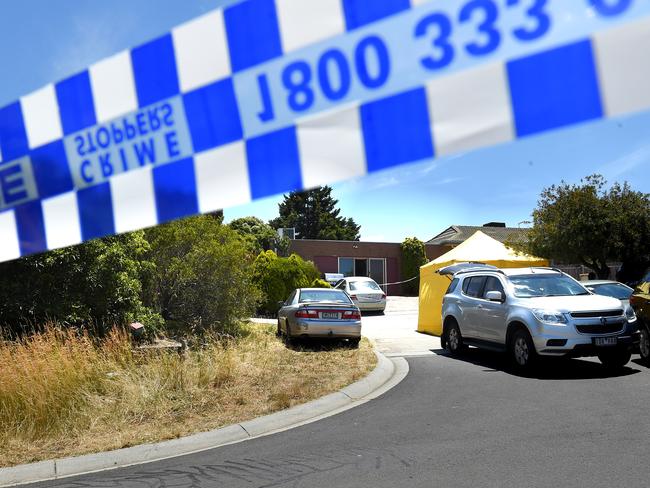
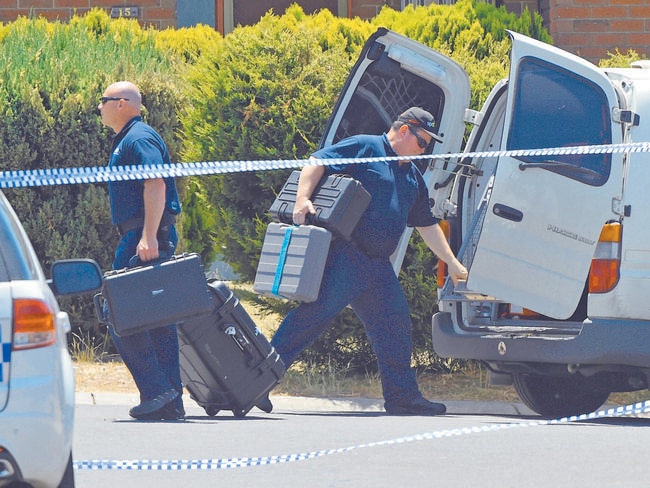
Friday’s co-ordinated raids on private houses in Melbourne’s northern suburbs were so tightly controlled many Victoria Police members had little or no warning.
“This was a whole-of-government activity,” said the source, referring to Federal Police, ASIO and other agencies.
“So it was run on a strictly needs-to-know basis. It’s a case of ‘This is bigger than all of us’.”
It is believed only key police officers were briefed on the raids in the belief that “loose lips sink ships”.
The source claimed the Berlin incident — in which 12 people died and dozens more were injured by a hijacked truck — and the Melbourne raids had followed a period of increased “chatter” that raised fears of a worldwide wave of terrorism over the Christmas period.
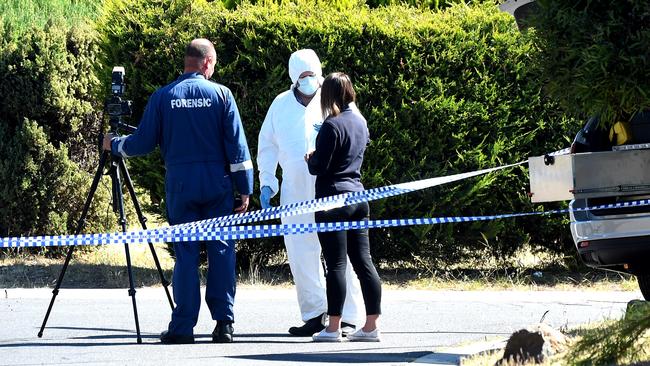
That is a chilling thought in every country affected by Islamic terrorism — but especially in Australia’s two biggest cities, which have large Muslim communities already proven to harbour a few malignant cells capable of plotting symbolic terrorist acts.
Due to good policing, sophisticated intelligence networks — and probably good luck — we have already seen recent plots foiled in time to prevent multiple deaths and injuries on Anzac Day and Mother’s Day.
Now, perhaps inevitably, Christmas Day is a terror magnet. Then there’s the largely silent threat that has hung over the MCG Boxing Day Test since 9/11 changed the way we live. Cricket fans can expect to see heightened security measures and a strong police presence at the traditional big family day.
If authorities are right, and the group of men arrested early Friday were plotting to kill scores of innocents in Melbourne on Christmas Day with “explosive acts” and other weapons, it is shocking but hardly surprising.
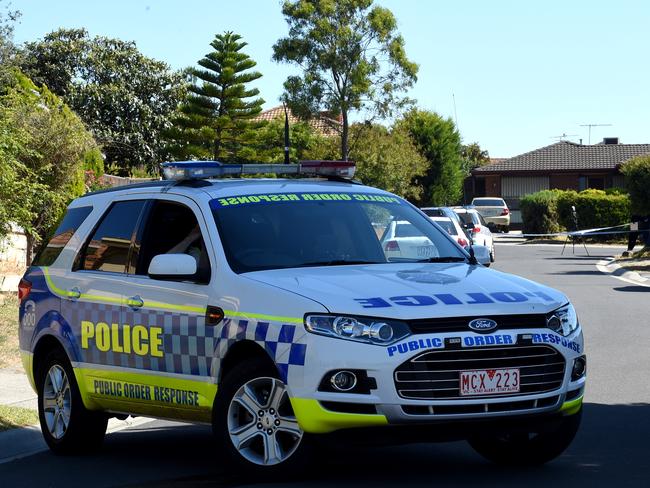
The fact the plan seems crazy to normal people doesn’t mean it is not a plan. And, while some apologists might want to excuse foolish young men — easily manipulated by malevolent elders — as “kids” and “angry boys”, their age does not matter if they are armed with bombs, guns or knives.
Julian Knight and Martin Bryant could both be described as “kids who flipped out”, which is how some people try to portray Numan Haider, the young radical shot dead as he tried to murder two police officers at Endeavour Hills in 2014. The fact neither Knight nor Bryant was an Islamic jihadist doesn’t make them any worse or Haider and his fellow travellers any better.
Regardless of what courts decide about the guilt or otherwise of those arrested Friday, there is no doubt about the existence of a radical Islamic terror network whose toxic underground war has spread across the world to Australia, which now ranks in the middle of a table that no nation wants to be on: the Global Terrorism Index.
Australia ranks 59 with a bullet — meaning we are only slightly less affected by terrorism than Iran and, last year, had more terrorism-related incidents than Canada, Japan, the Netherlands and Italy. By comparison our neighbour, New Zealand, ranks 112th, safer than famously secure Switzerland.
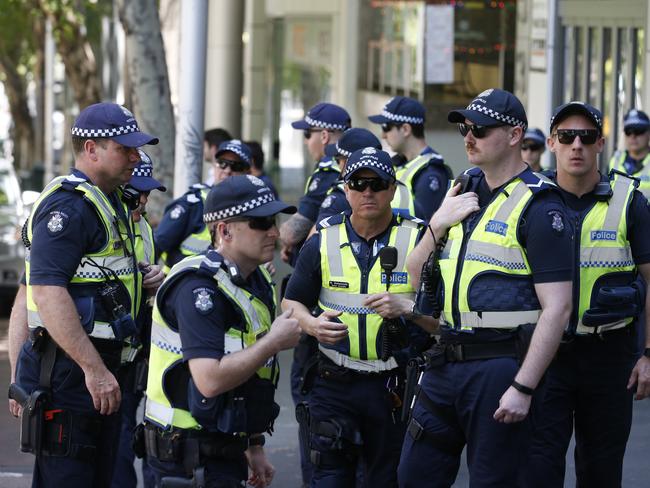
All it would take is a couple of “successful” incidents of the sort that have been foiled so far and Australia would rise up the terrorism table to be alongside France, the UK and the US.
The truth is that terrorism deaths are dropping in the Third World, but rising fast in most Western nations.
In the 35 OECD nations, incidents have spiked a staggering 650 per cent in a year, from 77 deaths to 577 deaths, the deadliest year since 9/11 in 2001.
The alleged bomb plotters in this latest case will be found guilty — or not — according to the rule of law that radical Islamists seem to despise. A court will decide who among them, if any, was planning to kill fellow Australian citizens indiscriminately.
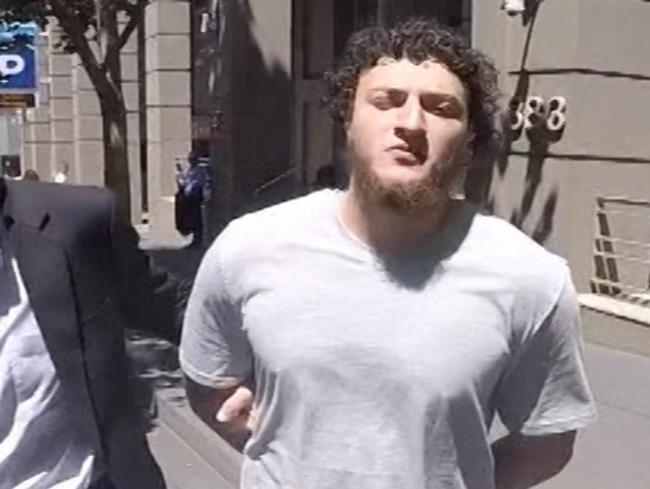
But that is months away. Meanwhile, the peace-loving majority of Australians are left to wonder — especially in the next two days — about the usually unspoken fear that the good guys can’t find every bad guy in time, every time.
Police say Australia would have experienced 15 terror attacks if almost every plot hadn’t been foiled with timely arrests.
There’s a saying that has gained currency in the 15 years since 9/11 — it states that the authorities have to be lucky every time, but the terrorists have to be lucky only once.
A Victorian policeman said after Friday’s raids: “It’s a great result — but how many more of these people are out there? And how do we know what’s in their hearts and in their brains?”


